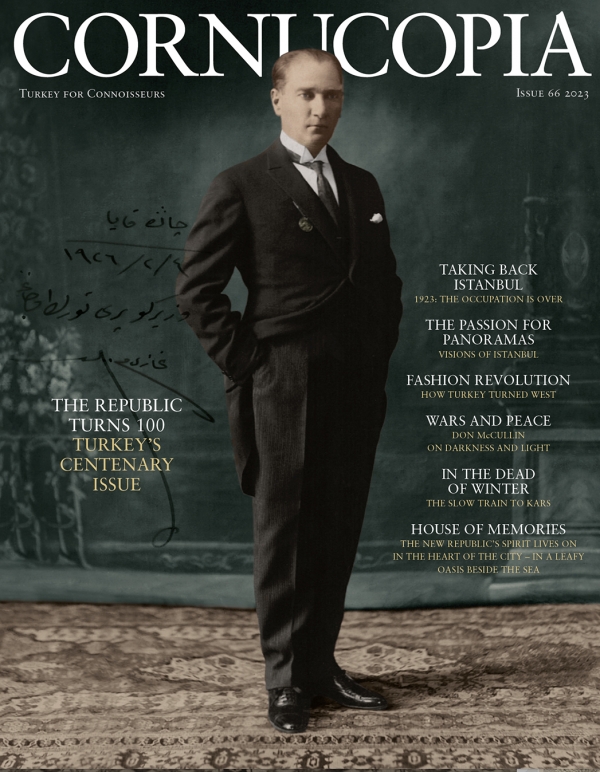PianoQuadro, an ensemble made up of Nazlı Avcı (violin), Burcu Yazıcı (viola), Sinan Dizmen (cello) and Tayfun İlhan (piano), are to perform Mozart’s Piano Quartet No 1 in G minor (K 478), widely regarded in the composer’s lifetime as ‘too difficult to play’ (Mozart didn’t care – why should he?), Gustav Mahler’s Piano Quartet in A minor (an early work, first performed in 1876, that the composer began to work on when 15 or 16 years old) and the 1931 Piano Quartet in A minor by the Spanish composer Joaquín Turina (1882–1949).
It is said that Isaac Albéniz (1860–1909) persuaded both Turina and Manuel de Falla to incorporate Spanish folk idioms in their music during a conversation over dinner in Paris, where both young composers were studying at the time. Turina was in fact a pupil of Vincent d’Indy, who also taught Ahmed Adnan Saygun.
Programme notes on this work by Willard J. Hertz on the Sebago-Long Lake Music Festival website have this to say:
More than his Spanish contemporaries, Turina tried to cast his music in the traditional forms and instrumental groupings that he had learned in Paris. Thus, he produced a symphony, piano quintet, string quartet, piano quartet, two piano trios and two violin sonatas. But he freely adapted these forms to suit his own expressive ideas, and he imbued them with the folk rhythms and guitar styles of the different regions of Spain, in particular his native Andalusia.
This piano quartet, written when he was 49, departs from the classical quartet by omitting a long sonata-form first movement, following instead a movement sequence of lento-vivo-andante, and using the Franckian principle of tying the movements together with common themes.
 Issue 66, December 2023
Turkey’s Centenary Issue
Issue 66, December 2023
Turkey’s Centenary Issue